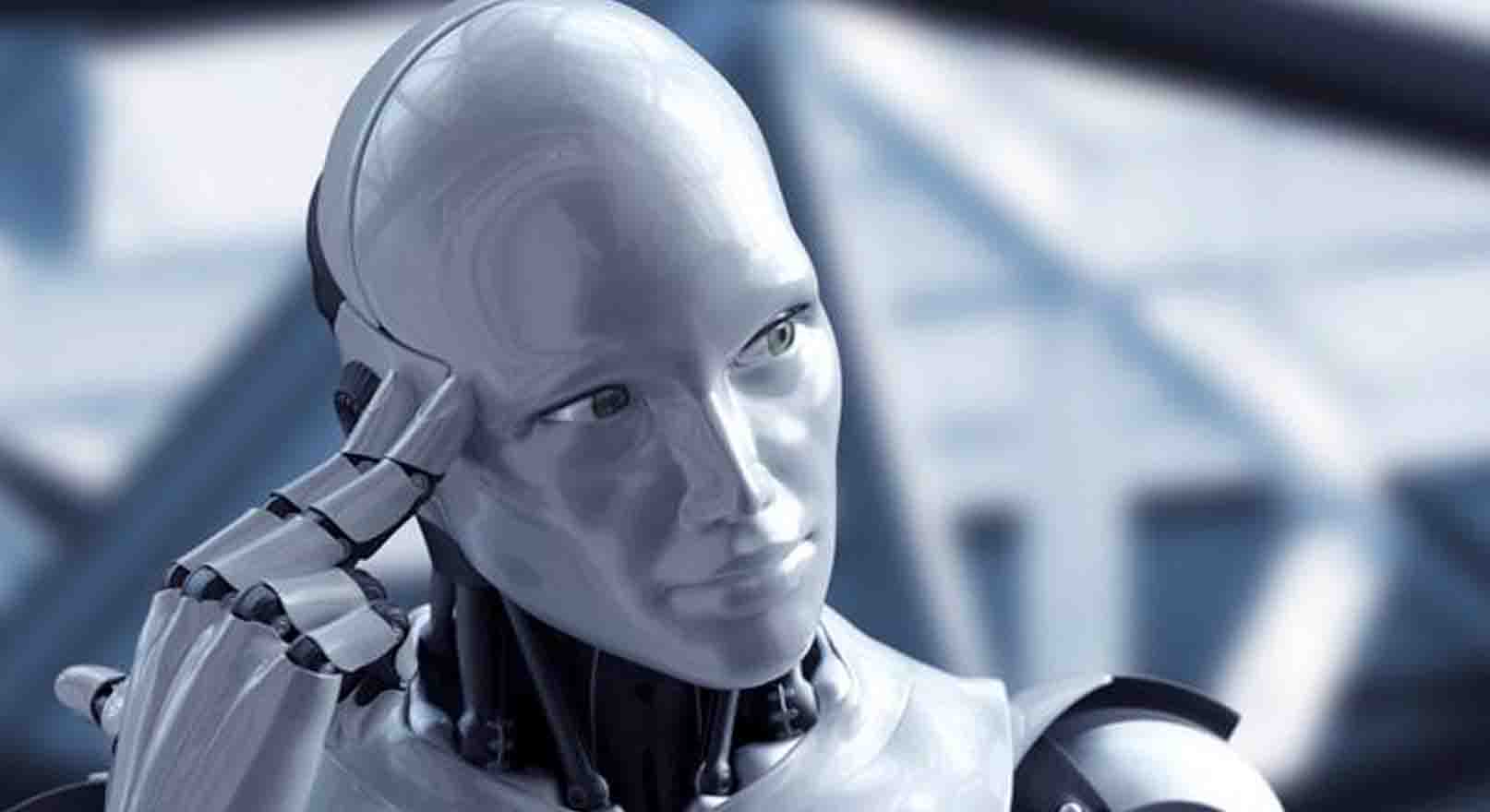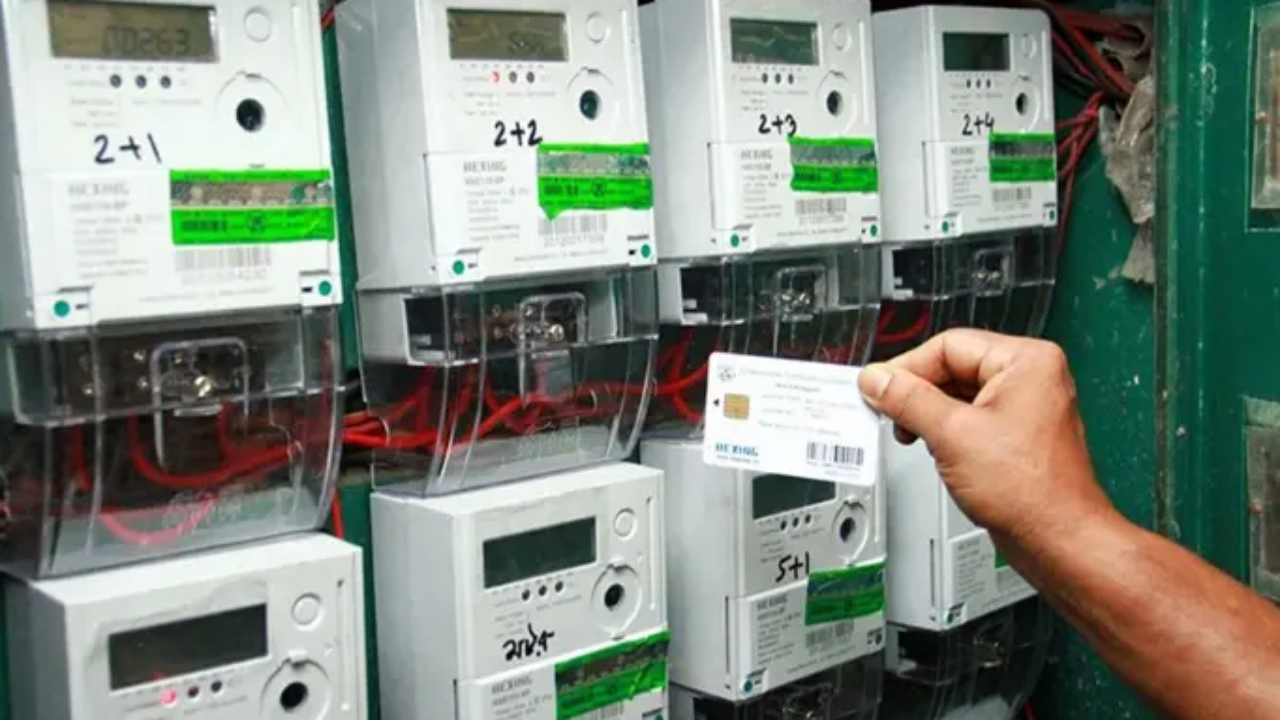Researchers from the University of California, Berkeley, have given a robot 'imagination' through a type of learning technology so that it can predict its own actions in the future, and even manipulate objects that it has never come across before.
Using visual foresight, the robot called Vestri, can actually predict what its cameras will see briefly in the future when it performs a specific sequence of movements, reports TechXplore (TX).
The report mentions that, as of now, the 'imaginations' are simple and that the robot can predict the future only by a few seconds, but that is apparently enough time for it to figure out how and where to move objects on a test table without disturbing other obstacles.
Vestri can learn to perform these tasks on its own, meaning it will not require any human help or even any sort of prior knowledge about the physics of the object, the environment it is in or what the objects are.
Technology like this could one day be used to make self-driving cars smarter and create intuitive robot assistants for homes.
Visual imagination, much like with human babies, is something that was learned by the robot from scratch and the process was carried out without constant supervision, notes the report.
Vestri learned to touch, feel and figure out its limbs and the way they interact with objects in front of it without any data inputs, code, or even measurements. The robot went through motor babbling, a stage when babies are still figuring out how their limbs work with movements that are not so precise.





















